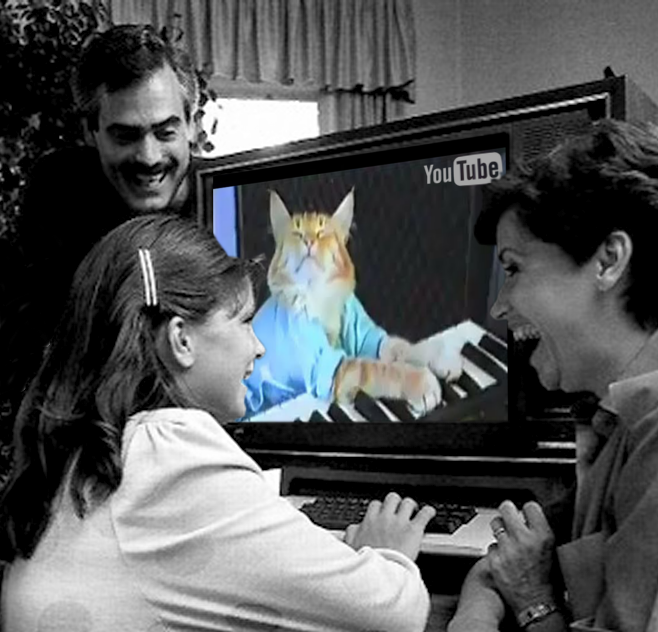Screen time types studied
 A new analysis shows some screen time can be beneficial for a child’s psychological development.
A new analysis shows some screen time can be beneficial for a child’s psychological development.
In recent years, the debate over children's screen time has intensified, with many parents and educators concerned about its impact on development.
However, new Australian research, drawing on data from 100 studies, reveals that the context in which screens are used can significantly influence their effects on children's cognitive and psychosocial outcomes.
The study found nuanced relationships between different types of screen use and developmental outcomes in early childhood.
The research suggests that more time spent watching programs on screens is associated with poorer cognitive outcomes. Similarly, background television was linked with negative cognitive impacts.
It also says children exposed to age-inappropriate content and those whose parents frequently used screens during child routines showed poorer psychosocial outcomes.
However, when parents and children watch screens together (co-use), it is associated with better cognitive outcomes.
This suggests that shared screen time, involving interaction and discussion, can be beneficial.
“Contexts of screen use (i.e., type, content, co-use, and purpose of use) beyond screen time limits should be considered in global recommendations for families, clinicians, and educators,” the study says, calling for a shift from merely counting screen hours to understanding how and why screens are used.
The findings suggest that recommendations should encourage intentional and productive screen use. For example, choosing educational and age-appropriate content and engaging in co-use with caregivers can mitigate some of the negative effects associated with screens.
The experts made several practical recommendations that can be made for families.
They say engaging in co-use is highly beneficial, so parents should try to watch screens with their children and engage them in discussions about the content. This interaction can help enhance cognitive development.
Limiting background television appears to be crucial, as keeping the TV on in the background can be distracting and detrimental to children's cognitive development. It is advisable to turn off screens when they are not actively being watched.
Also, they say monitoring content ensures that it is age-appropriate and educational to support positive psychosocial outcomes.
The full study is accessible here.








 Print
Print